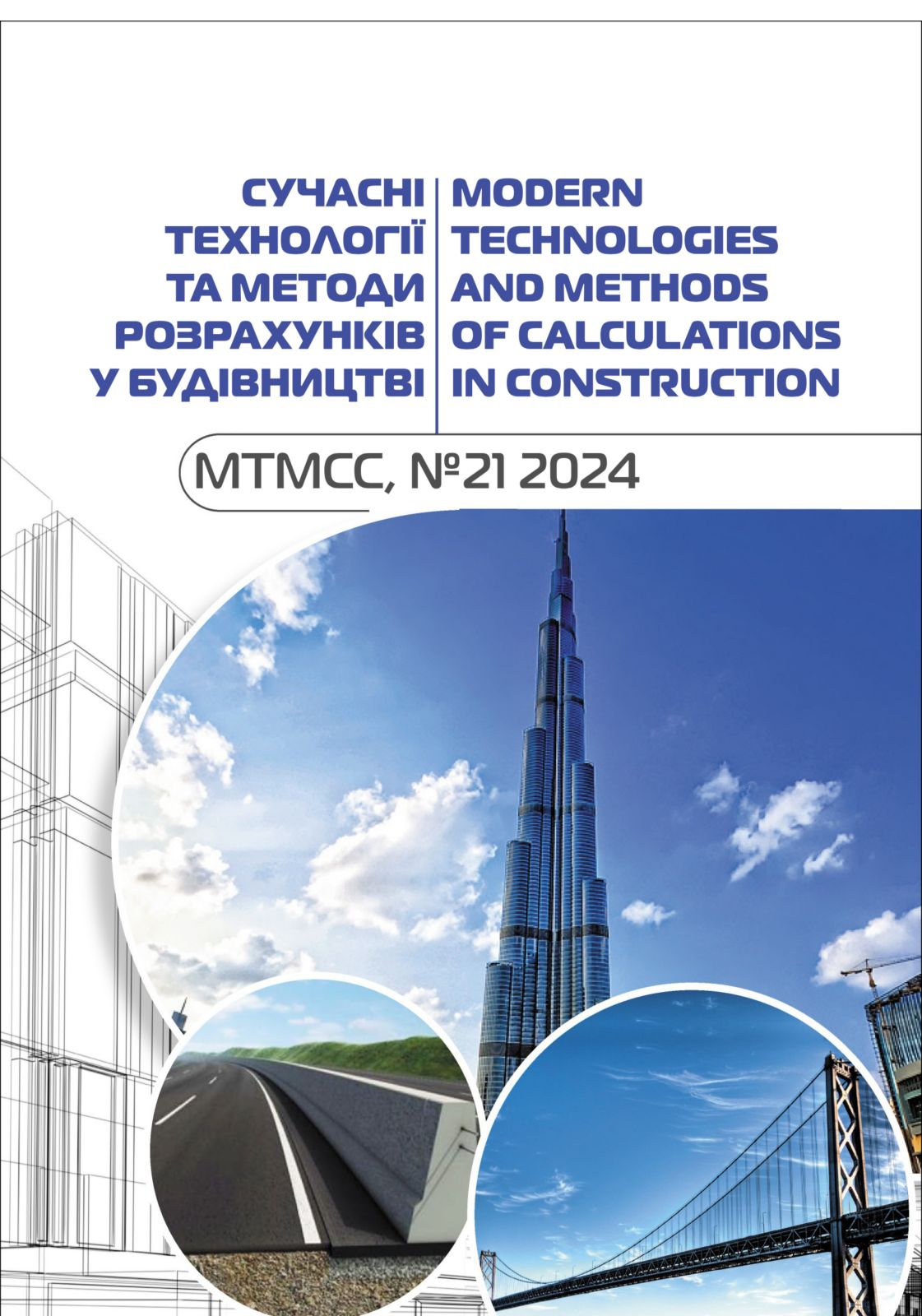Use of modern information technologies in the tasks of traffic organization
Abstract
Traffic management is a challenging task, especially in the face of growing traffic, urban development, and urban agglomerations. Road congestion, suboptimal intersection operations, insufficient safety for road users, and low traffic speeds are becoming urgent problems of modern urban infrastructures.
The analysis of literature sources shows that publications devoted to solving problems related to traffic management do not contain works where these software tools would be considered in a complex, taking into account the possibilities of their integration to solve priority tasks in this area.
The purpose of this paper is to review and analyze software tools used to solve traffic management issues. The main task is to determine the functionality and areas of effective use of such programs, compare their capabilities for optimizing various aspects of traffic, and formulate recommendations for their use in practical scenarios of transport infrastructure management.
There are a large number of software packages available to solve tasks related to traffic management. The publication covers the most popular ones, according to the authors, namely: PTV Group, Akcelik SIDRA Intersection, TRL Junctions, Roadmetry VTC, JCT Consultancy quickGreen and MathWorks RoadRunner.
The paper analyzes the most popular software packages designed to solve traffic design and transportation modeling problems. The range of tasks for which certain programs are best suited is determined.
The use of modern information technologies not only optimizes traffic design and management methods, but also provides accurate information on traffic flow forecasting, taking into account various factors such as the number of vehicles, weather conditions, location of intersections and infrastructure nodes. The results of the analysis make it possible to determine the most appropriate software tools for specific tasks, which helps to improve the quality of design and efficiency of traffic management in the modern urban environment.








